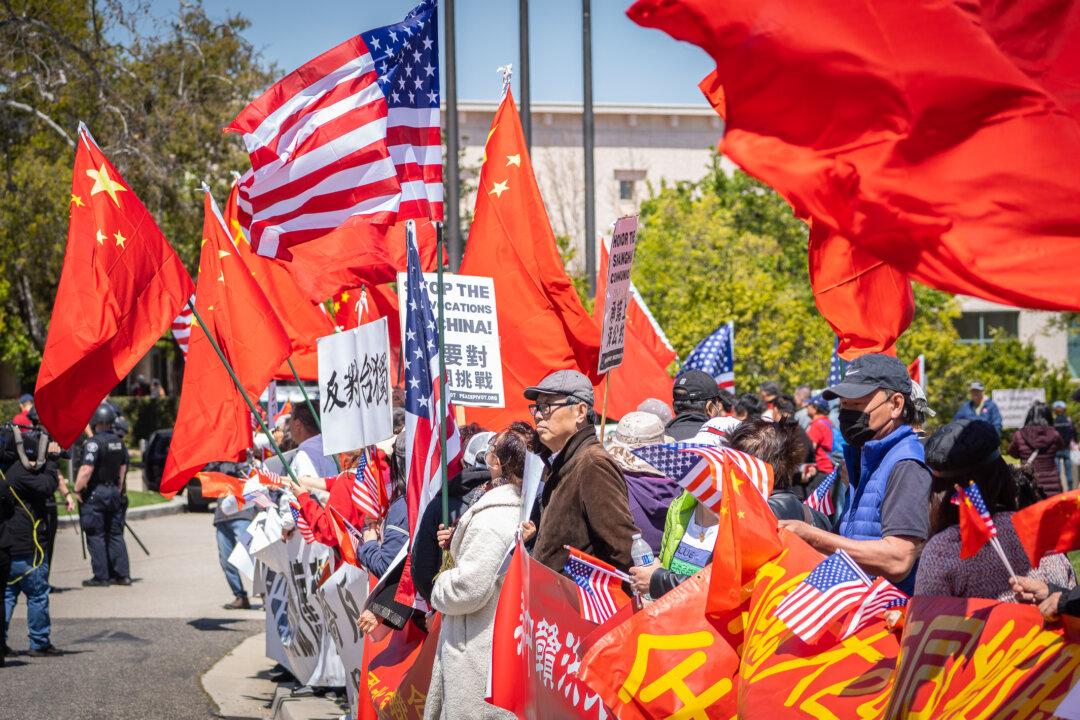A China-linked influence operation may have contributed to real-world protests in Washington, according to the findings of a new report.
The ongoing influence campaign has largely focused on disseminating pro-China stories on Western social media but may also have organized and funded two in-person protests in 2022, according to a new report (pdf) published this week by cybersecurity firm Mandiant.




